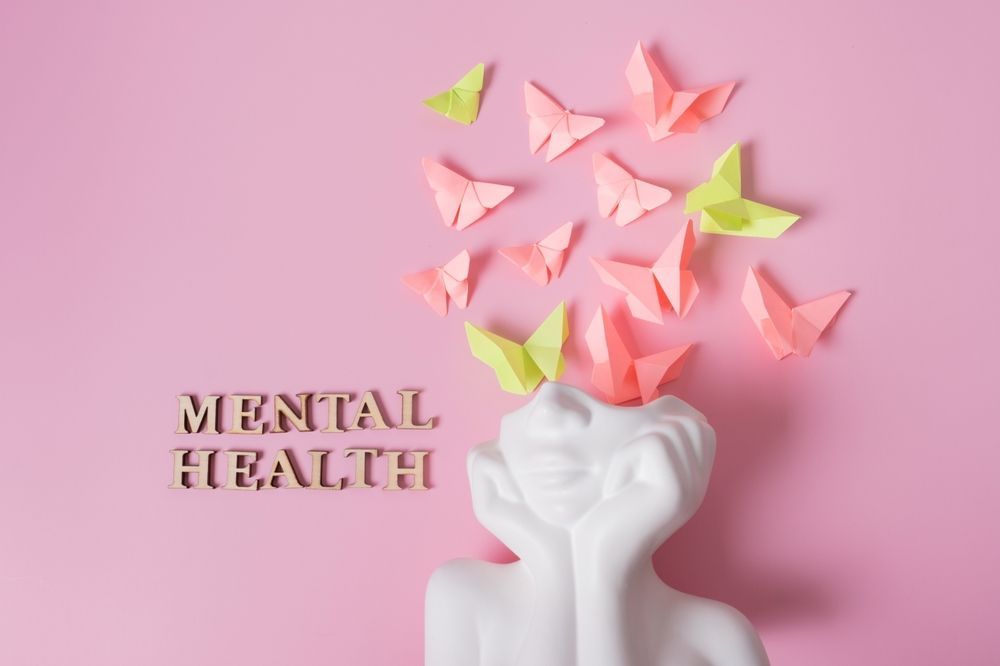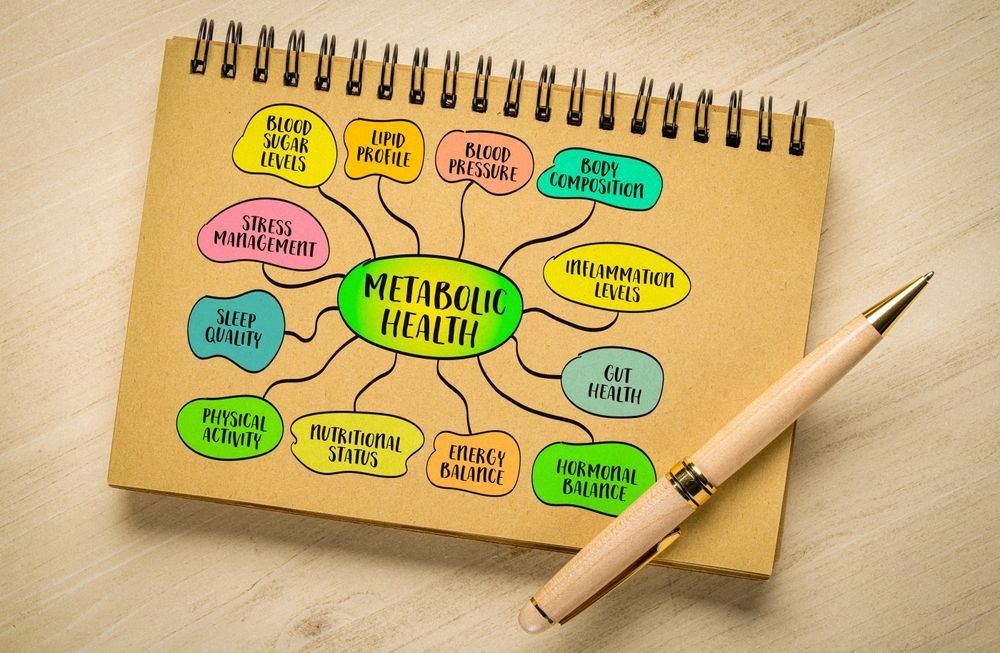Can IV Therapy Improve Your Mood and Mental Well-Being?

Understanding IV Therapy
What is IV Therapy?
IV therapy, or intravenous therapy, is a medical procedure used to deliver fluids, medications, and nutrients directly into the bloodstream. This method allows for immediate absorption and can be especially beneficial for individuals who need quick relief or cannot take medications orally. In recent years, IV therapy has gained popularity beyond traditional medical settings, extending into wellness clinics and spas, where it is often marketed for various health benefits, including improved mood and mental well-being. Patients seeking hydration, energy boosts, or recovery from hangovers often turn to these treatments, which can be tailored to meet individual needs and preferences. As a result, IV therapy has emerged as a trendy option for those looking to enhance their overall health and vitality.
The Science Behind IV Therapy
The science of IV therapy revolves around its ability to bypass the digestive system, thereby ensuring that a higher percentage of nutrients enter the bloodstream. This is crucial for patients who may have absorption issues or specific nutrient deficiencies. Common components of IV therapy can include vitamins, minerals, electrolytes, and even antioxidants. By delivering these directly to the bloodstream, the body can often utilize them more effectively than if they were ingested through food or oral supplements. Furthermore, the rapid delivery of these substances can lead to quicker therapeutic effects, making IV therapy an appealing option for those recovering from illness, athletes looking to enhance performance, or individuals simply seeking a boost in energy levels.
Additionally, the customization of IV therapy allows healthcare providers to create specific formulations tailored to the unique needs of each patient. For example, a blend designed for athletes might include higher doses of B vitamins and amino acids to support muscle recovery, while a formulation aimed at boosting immunity could contain vitamin C and zinc. This personalized approach not only enhances the efficacy of the treatment but also empowers patients to take an active role in their health management. As research continues to explore the potential applications of IV therapy, its role in preventive health care and chronic disease management is becoming increasingly recognized, opening new avenues for patient care and wellness.
The Connection Between IV Therapy and Mental Well-being
How IV Therapy Influences Mood
Several studies suggest that specific nutrients play a vital role in regulating mood and emotional health. For instance, B vitamins, magnesium, and vitamin C are known to support brain function and emotional stability. IV therapy can help elevate levels of these essential nutrients quickly, potentially leading to improvements in mood. Many people report enhanced energy levels, less fatigue, and a greater sense of well-being following IV therapy sessions.
IV Therapy and Stress Reduction
Stress is an inevitable part of modern life, and its effects can accumulate over time, leading to anxious feelings and mood swings. IV therapy can assist in stress reduction by supplying the body with hydration and vital nutrients that help combat the physiological responses to stress. For example, magnesium is often referred to as the relaxation mineral, helping to lower cortisol levels in the body, which may lead to an overall decrease in stress. Moreover, the serenity of undergoing IV therapy in a calm environment adds to the overall relaxation experience.
The Role of Nutrients in IV Therapy
Essential Nutrients for Mental Health
The effectiveness of IV therapy largely depends on the type of nutrients infused. Essential nutrients for mental health include:
- B Vitamins: Important for energy production and nerve function.
- Vitamin C: Supports the immune system and overall brain health.
- Magnesium: Known for its calming effects and ability to combat stress.
- Zinc: Plays a critical role in regulating mood and cognitive function.
Each of these nutrients contributes to the overall mental well-being by supporting brain chemistry and function, making them vital in any IV therapy regimen aimed at improving mood.
How IV Therapy Delivers Nutrients
During an IV therapy session, a healthcare professional will insert a tiny catheter into a vein, usually in the arm. The selected nutrient solution is then carefully administered through this catheter. The process typically takes between 30 to 60 minutes, depending on the specific treatment plan. As the fluid enters the bloodstream, the body can immediately utilize the nutrients, leading to quick effects on mood and mental health.
Potential Risks and Benefits of IV Therapy
Evaluating the Safety of IV Therapy
While IV therapy can offer numerous benefits, it is essential to consider safety measures. Potential risks include infection at the injection site, phlebitis, or an allergic reaction to the nutrients administered. It is crucial to undergo this treatment under the supervision of qualified healthcare providers who can assess individual needs and monitor for adverse reactions. Before starting any IV therapy, consult your doctor to ensure it is appropriate for your health condition.
Potential Benefits for Mental Health
The benefits of IV therapy for mental health are multifaceted. Many patients experience:
- Enhanced mood and emotional resilience.
- Increased energy and reduced fatigue.
- Improved cognitive function and mental clarity.
- Better stress management and relaxation.
As the body receives these essential nutrients, individuals may find it easier to cope with daily stressors, leading to overall enhanced quality of life.
The Process of IV Therapy
What to Expect During an IV Therapy Session
If you're considering IV therapy, it's helpful to know what to expect. Upon arrival at a wellness clinic or healthcare facility, you will typically be asked to complete a medical intake form. After discussing your health history and any specific goals, a healthcare professional will create a tailored IV formula for your needs. Once you’re comfortable, the IV catheter will be inserted, and the infusion will begin. Many find the procedure relatively painless and enjoy the tranquil environment often offered by these facilities.
Post-Therapy Care and Considerations
Post-therapy, it’s important to hydrate adequately and pay attention to how your body responds. Many individuals feel a boost in energy and mood right away, while others may experience effects that develop over the next few days. If any unusual symptoms arise, such as prolonged discomfort at the injection site or signs of an allergic reaction, it's advisable to contact a healthcare professional immediately.
In conclusion, IV therapy has the potential to significantly improve mood and enhance mental well-being for many individuals. As with any treatment, the key is to approach it mindfully, ensuring it fits with your unique health needs and seeking guidance from medical professionals.
Get In touch

14891 North Northsight Blvd Suite 118, Scottsdale, AZ 85260

8AM-8PM (Mobile)
8AM-6PM (In-clinic)
QUICK Links
We Accept

We accept cash and all major credit cards. Our services are also HSA & FSA (Health/Flexible Savings Account) approved!
© 2016-2025 Arizona IV Medics | All rights reserved | Privacy Policy | Powered By OMG Marketing







